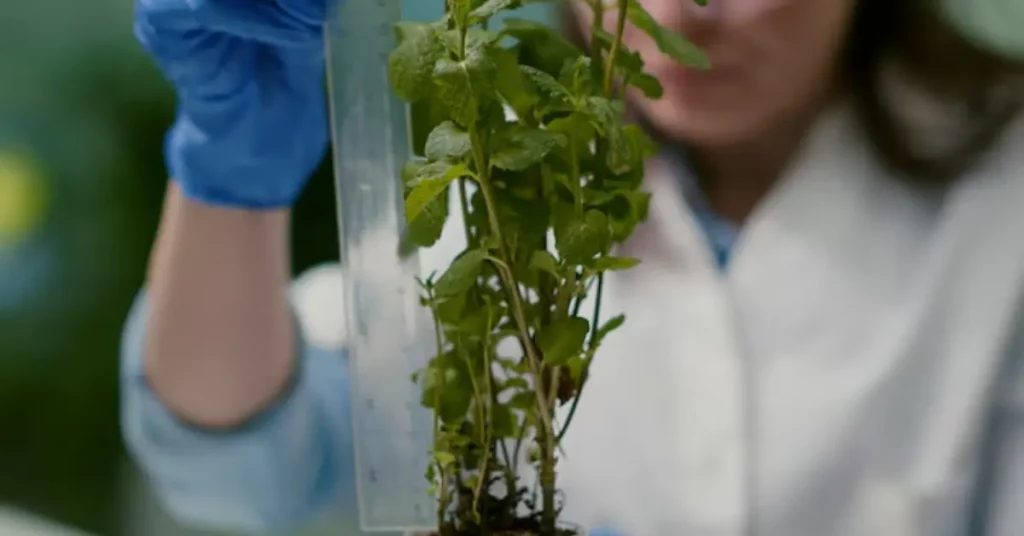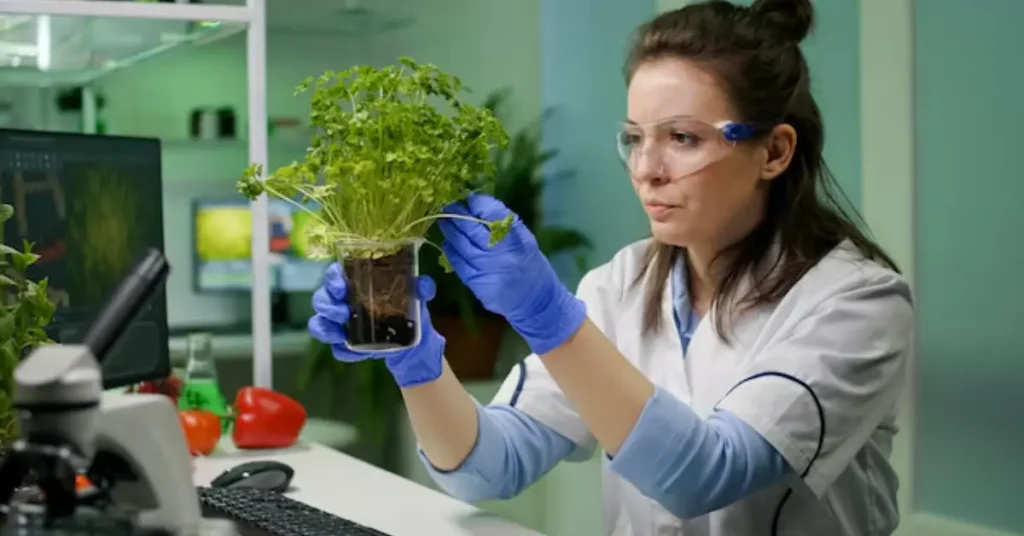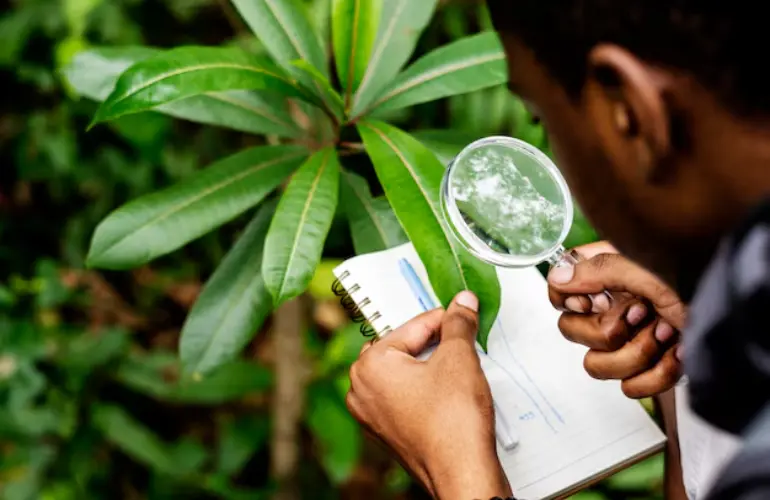Botany has always formed one of the most important aspects of human life; in today’s world, it is an even more significant subject. As our world confronts unprecedented challenges-like food insecurity and a changed climate-the study of plants can offer hope. Understanding how plants grow, adapt, and thrive in various environments can help in devising practical management of agricultural practices and preservation of ecosystems. Knowledge accrued from the research on plants may come in handy in solving some of the critical global problems and building a better future for all.
How the Study of Plants Can Help Combat Food Insecurity
One of the major global problems affecting millions every day is food insecurity. The study of plants helps scientists improve plant crops with resilience and productivity, thereby promising that food production will keep pace with the growing global population. They find ways to improve the growth of a plant in extreme conditions, like drought or soil of bad quality. Knowledge of plant genetics also allows scientists to breed varieties of crops that are insect- and disease-resistant, reducing the reliance on chemical pesticides and giving them healthier and more plentiful food supplies.
Besides, technology in plant biotechnology has come up with GMOs, which enhance food production and nutritional value. Study of plants also allows the discovery of new agricultural techniques such as vertical farming and hydroponics, hence allowing growth of food in space-limited urban areas.
Study of Plants as a Solution to Climate Change
Climate change is another prevalent problem in the world that threatens ecosystems and agriculture around the world. The study of plants is important in coming to an understanding of how organisms from the biological world respond to changes in temperature and the availability of water and atmospheric conditions. Therefore, the study of the impact of climate change on plant growth is enabling scientists to forecast future trends and develop ways which will enable the mitigation of its effects on agriculture and biodiversity so Read More.
For example, research into plants showed that plants like drought-resistant species would have an excellent opportunity to grow just in the center of global warming. The second direction was connected with the role of plants in using carbon dioxide as the most widespread greenhouse gas contributing to climate change. In this respect, researchers have managed to teach a way to restrain the volume of carbon in the air, focusing their attention on reforestation and plant species that can absorb carbon.
How Technology Enhances the Study of Plants
Technology has made the study of plants easier by facilitating the collection of data and conducting experiments. Nowadays, drones, satellites, and sensors are able to monitor plant health and growth in real time, enabling researchers to take note of changes in the behavior of the plants immediately. These technological steps so far have revolutionized agriculture by giving farmers the necessary tools that they need to be more efficient with a lot less waste.

Other methods include computer modeling and artificial intelligence that will help predict how plants will react to sets of environmental variables. This will be important in determining which crops will thrive best in which regions and will therefore advise farmers on when and where to plant what.
Future Implications of the Study of Plants to Global Issues
The study of plants is one evolving science whose impact on world issues in the future will be further-reaching as it develops. Issues which up until now we have not been faced or encountered with could be dealt with in years to come with further research into plants. Already, scientists are growing plants in space and making food production further possible on grounds previously unimaginable. There’s also a possibility of discovering new medicinal plants, renewable sources, and biodegradable materials within the realm of plant science.
Apart from that, international collaboration regarding plant studies is highly required. For the efficient development of global policies pertaining to food security and management of climate change, collaboration between states and institutions is highly essential. Scientists can develop collaborations in knowledge and resources to come up with a solution that benefits all of humanity.

1. How is plant study going to improve food security?
Plant research contributes to food security by improving crop plants, enhancing tolerance to environmental stressors such as drought and pests. Genetic research and biotechnology also enable scientists to work on enhancing nutritional content and yields.
2. How does plant research contribute to fighting climate change?
Plant studies will help fight against climate change by developing varieties that are resistant to extreme weather, store CO2, and enhance agricultural efficiency. Also, reforestation and plants that absorb carbon dioxide will contribute their part to keeping the level of greenhouse gasses low.
3. What technologies does plant study employ?
Some of the new technologies being employed include the use of drones, satellites, sensors, and even AI in monitoring plant health and predicting growth patterns, and modeling conditions for growing crops in space.
4. Can plants be grown in space?
Yes, plant research has already made significant strides in crop growth in space. Scientists are studying the many techniques of plant cultivation under such hostile conditions as low gravity and confinement for long durations, to be key issues in long-duration space missions.
5. What are some of the potential future benefits of plant research?
New medicinal plants, renewable biofuels, and biodegradable materials selected and utilized are potential future benefits of plant research. Plant research may be able to develop means of sustainable agriculture which can meet the growing demands of a growing global population with the least possible environmental impact.

Conclusion
While the study of plants answers questions about how the plant works, it also helps find ways to address some of the most serious concerns of today’s world. Food insecurity and climatic changes are some of the issues to which plant research holds the key in the form of sustainable solutions for securing a better future for the planet. With the rise in technology and more knowledge of plants, scientists have endless opportunities for innovation and advancement. By investing in the study of plants, we are investing in a better future for the planet and those that inhabit it.





